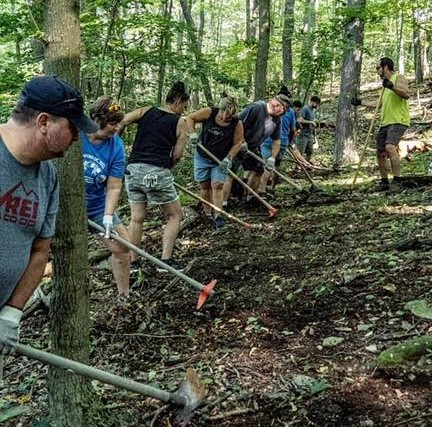Students judge the tough cases
December 4, 2015
According to Todd Shaffer, judicial board coordinator, the board is student-run.
“They hear most code of conduct violations, more serious ones, so students who are facing suspension or expulsion, they hear those types of cases.
Sometimes, they’ll hear lesser ones depending on the situation.” Shaffer said.
According to Shaffer, the board is made of student leaders, who Shaffer recruits from the Student Government Association.
“This year, I also put a call out to the Black Action Society organization as well, so I have a little bit more diverse boards,” Shaffer said.
According to Shaffer, Pitt-Johnstown’s policy says that the board is supposed to be made up of students.
“We also have administrative hearings. Those are where a staff member would be a hearing officer,” Shaffer said.
Arielle Sloss, a Pitt-Johnstown student and board member said, she liked participating.
“The people involved are all very fair and want to do a good job. And Todd makes the training fun and interesting.”
According to Jeffrey Wainwright, Pitt-Johnstown student and board member, out of the 20 students apart of the judicial board, only three are chosen to sit in on a hearing board.
“The three students then reach a majority decision based on the evidence presented if there was a violation. If they rule that the student was responsible, the hearing board then decides on possible sanctions. If ruled not responsible, the student leaves the hearing with no punitive measures applied,” Wainwright said.
Wainwright said he thought student participation was important.
“I think having students input on the decisions on campus is important and that includes discipline. I am glad to be a part of it.”









